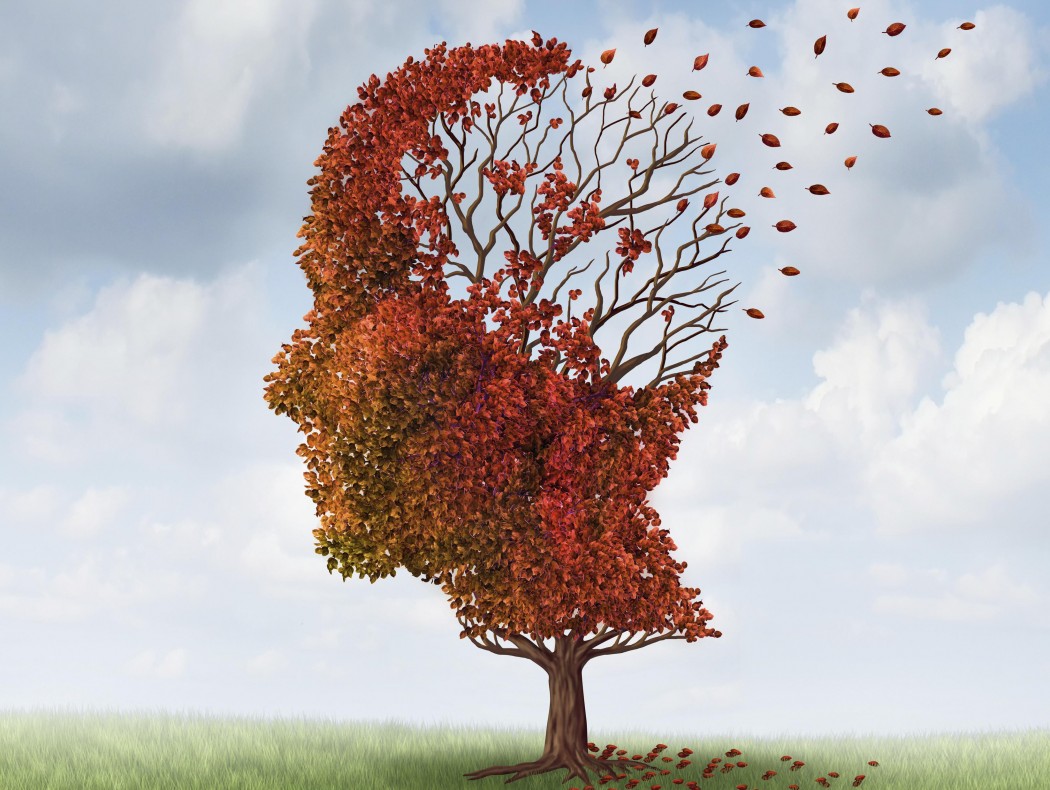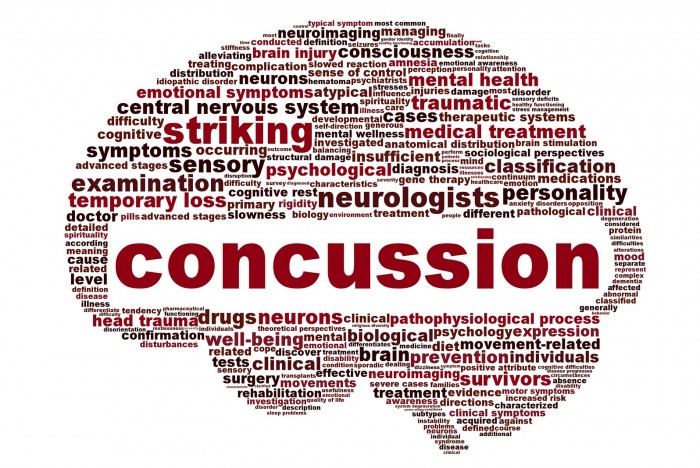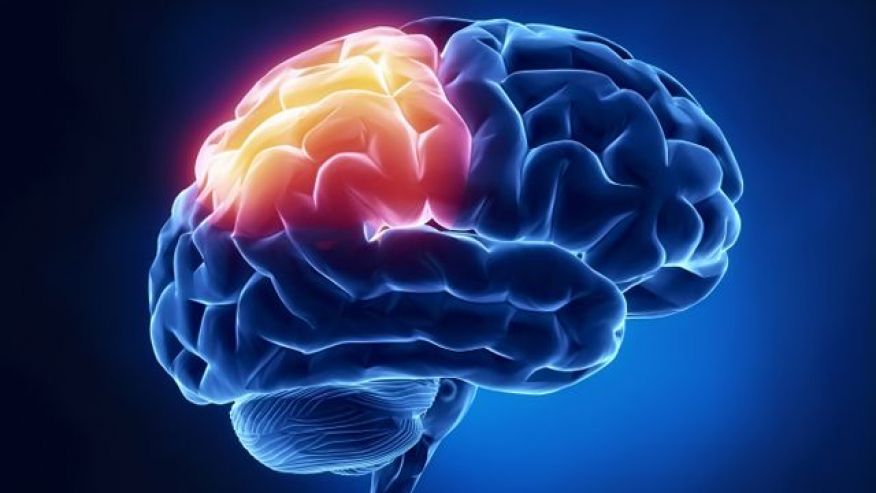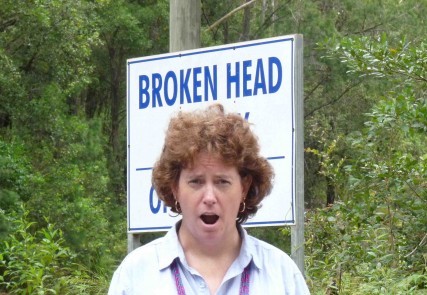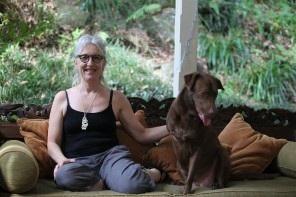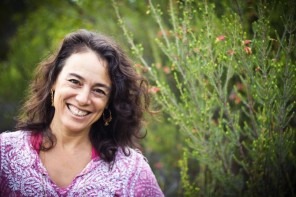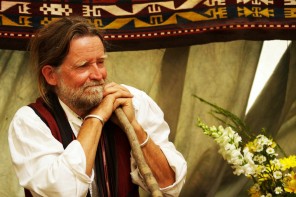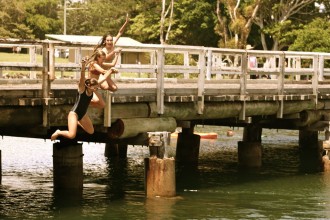Sue-Ellen Shortiss has just had an anniversary with a mixed blessing, after an accident left her with permanent brain trauma, she writes for Verandah Magazine.
‘Ten years ago my brain had an adjustment. A tweaking you might say. I suffered an Acquired Brain Injury (or ABI) which would forever change the way I live.
I was out riding one day when my horse decided to throw a decent sized temper tantrum when I decided to take a direction she found not to her liking. Post traumatic amnesia prevents me from describing the event but I know that she must have bucked and I hit the ground hard – causing massive pain to my ribs, expelling the air from my lungs and making my helmet-clad head bounce from the impact. After that, I knew nothing – I passed out.
When I came to, the first thing I saw was the grass in my face, and then my horse grazing calmly (some might say smugly) nearby. After testing each limb for mobility I was able to get to my feet and approach my mare. My thinking was dull and cloudy. My ribs hurt like never before. I had two options, to walk home or ride. So, of course, I rode home – slowly.
Sitting on my lounge I decided to consult our self-care medical book.
It read as follows:
Unconsciousness? SEE DOCTOR NOW.
It’s only one symptom, I thought to myself.
Patient cannot remember injury? SEE DOCTOR NOW.
Really?
Visual problems? Lethargy? SEE DOCTOR NOW.
Ok, Ok, stop nagging!
And so began the battle with my reasoning, ignorance and frustration. The diagnosis of a mild brain injury was somehow incomprehensible and the advice both the doctors and the local brain injury counsellors gave me appeared to be for someone else. I was convinced would be back to ‘normal’ any day, but having had my brain shaken in my skull left me with some debilitating symptoms: short term memory loss, fatigue, light and noise sensitivity, balance issues, problem solving and decision making impairment and poor concentration. All of which would eventually lead to anxiety and depression. Even so my injury is classified as mild and as such I acknowledge how hard it must be for those who have a more severe injury than mine.
Acquired Brain Injury. Traumatic Brain Injury. Closed Head Injury. These have all been used to describe my issue. I would like to add Acquired Traumatic Emotional Injury. The impact to my life was devastating and I was unable to start the healing process both physically and mentally until I hit rock bottom. When defeat was complete I began to listen and heed the advice I was being given. I was unable to drive or work for six months, having tried both with profound consequences of near collapse and total confusion.
In one moment I had gone from a busy, working, multi-tasking, volunteering mum and wife, to someone who tended to fall over if she thought too much. Now I was someone who needed the steady arm or shoulder of the person nearest me to keep upright.
The independent streak is strong in this one Obi-Wan.
Damn right it is. Back in the day my poor mother had to beg me to allow her to help with our first born when he was some weeks old. Now I had to come to the realisations that one must get over oneself if one was to learn to manage. This was where the adjustment and tweaking kicked in. This is where the hardest lesson of all had to be learnt. This is where the dreaded ask for help scenario came into play.
Self-pity is unhelpful, unproductive and a waste of time. That much I know, and gradually it became obvious it was time to move ahead. The asking for help bit was excruciating but necessary. Truth be told most family members and friends could see my plight and were trying to offer help from the beginning. All I had to do was say ‘yes’. Once this process began life improved and I found that acceptance was a freeing experience.
People were overwhelmingly generous and practical. I had a scout dad who took our children to meetings every week; an Irish dancing mum who delivered our daughter to classes; a hockey mum who carted us and the obligatory camp chair for me to all games. There were friends who were there for me emotionally, not to mention the endless counselling sessions with my siblings. My self-employed husband works long hours but he was nevertheless my problem solver, most often by phone. He was also my safe harbour and helped me negotiate this strange new – and unwanted world I inhabited. Decisions were difficult and concentration very limited for me at that time.
Jump ahead 10 years and I still have issues. My fatigue continues daily but I no longer wobble on my legs unless I am really tired. My cognitive issues have basically dissolved, unless of course, I am over fatigued. The Brain Injury Support Team (family and friends) work around my limitations as if it’s second nature. This same team have their little in-jokes used regularly and with relish. I love it. “Oh” they might tell me: “You forgot you owe me $50.” And many more brain and head case jokes. I feel so loved. Some have been known to ‘borrow’ my injury by osmosis for their own evil purposes. But physically I’m much improved – I’ve swapped horse-riding for bike-riding, and that has helped my health and sense of self enormously.
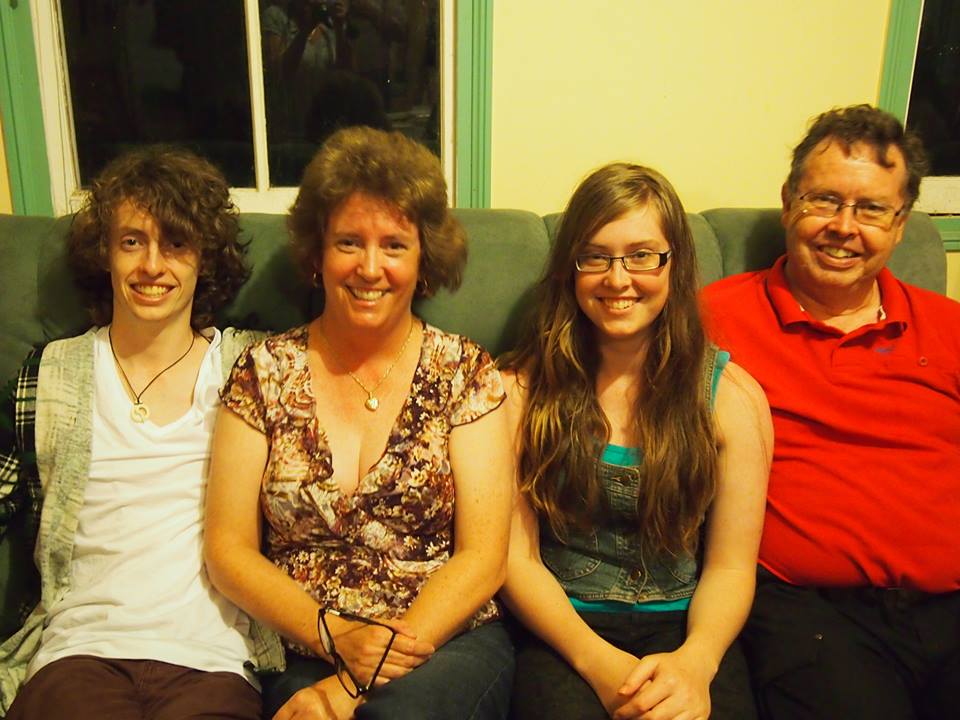
Sue-Ellen with her family -to her left, son Patrick, to her right daughter Nicola and far right husband John.
On the other hand I have a lifetime of excuses. “I forgot your birthday? Oh well, you know, it’s my brain injury.” Babysit your five children? “Aww, sorry, would love to but no-can-do,” as I point to my head and roll my eyes. (Not quite true but it’s there should I require it.)
I am no longer sure how the ups and downs of a life with a less than perfect brain compare with the problems of the average Jo. But what I’ve learned is that you gotta love those ups. What I have decided is that I have a disability but I am not disabled. It is a small thing but important to my self-esteem.
Thank you to everyone who has made my life so marvellous and full.
Oh yes and, dear friend, your $50 cheque is in the mail. (I think.)’
You can also read about Sue-Ellen’s bicycling hobby here:
verandahmagazine.com.au/getting-butts-gear/

